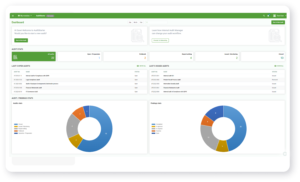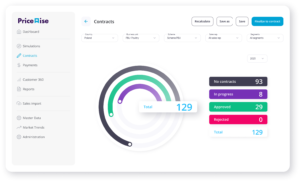Azure Kubernetes Service (AKS) is Microsoft’s fully managed Kubernetes service. AKS simplifies Kubernetes cluster management by automating routine tasks such as upgrades, patching, and scaling. With deep integration into the Azure ecosystem, AKS enables seamless authentication with Azure Active Directory, native monitoring, and support for hybrid workloads.
- Ideal for enterprises already invested in Microsoft technologies.
- Supports secure and scalable Kubernetes deployment vs service setups.
- Common choice for companies looking for reliable Kubernetes consulting services tailored to Azure environments.








